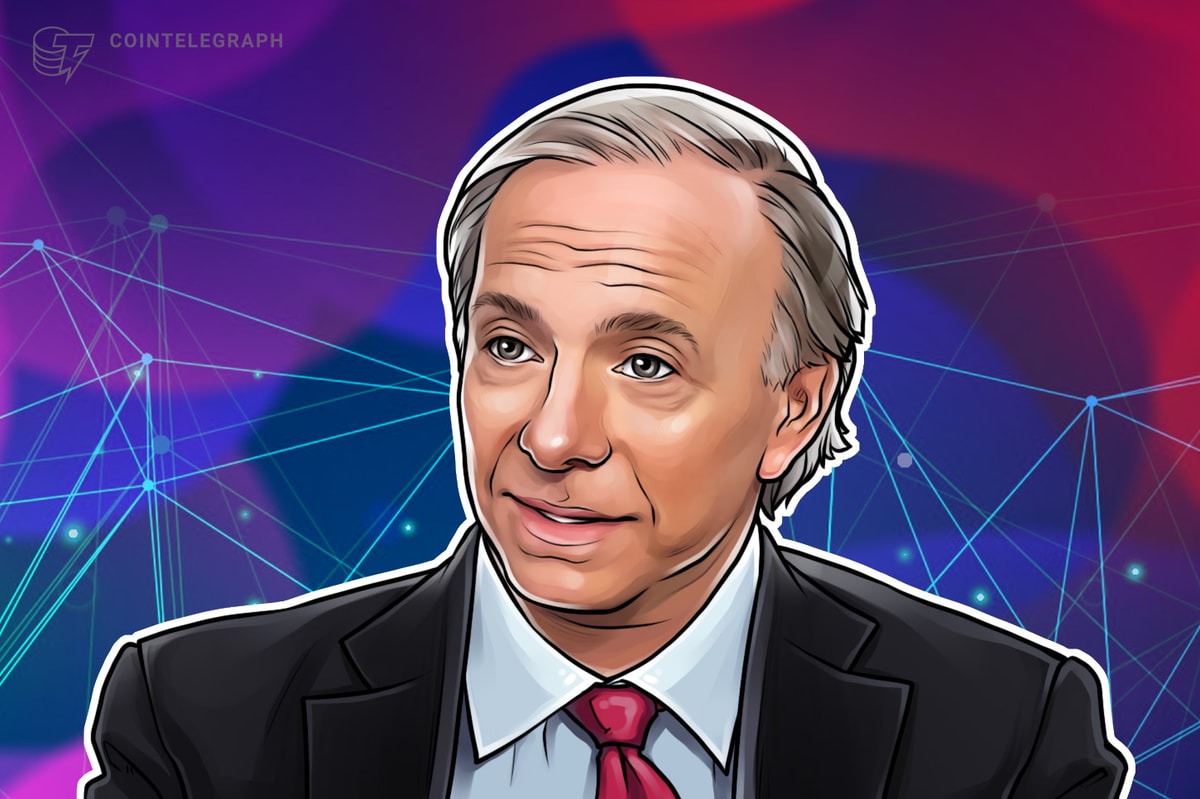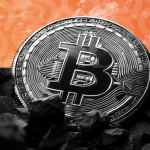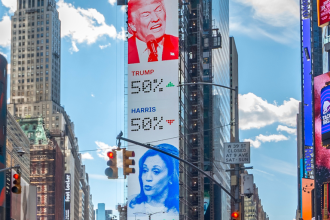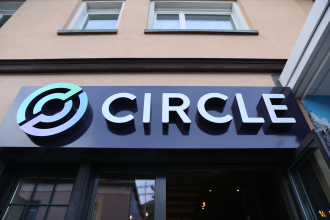Billionaire investor Ray Dalio has officially exited Bridgewater Associates, the hedge fund firm he co-founded with two friends in their parents’ two-bedroom apartment in 1975. Dalio sold his last remaining stake in the company and removed himself from its board.
Bridgewater reported the share sale to The Wall Street Journal, also revealing it issued new shares to the sovereign wealth fund of Brunei in a multi-billion dollar deal that effectively granted it nearly 20% stake in the company.
Dalio Steps Aside
Dalio was formally removed from his position as Chair before the end of 2021, following five decades at the helm. He took to X, describing his departure as “thrilled,” stating he “loves seeing Bridgewater alive and well without me…even better than alive and well with me.”
Sobering Global Predictions
In recent times, Dalio has sounded the alarm on an imminent recession, potentially more severe than recent ones, citing the global debt crisis he predicts will erupt by late 2024.
He attributes potential solutions to debt crises to “lower rates and devalue [currency],” adding this likely involves “an economic heart attack” for the US if the budget deficit exceeds 3% of GDP.
Betting on Assets Amidst Uncertainty
In anticipation of increased global challenges, particularly due to factors like deglobalization and the US tariff “soap opera,” Dalio has shifted his investment advice, recommending up to 15% allocations to Bitcoin (BTC) or gold for potentially the best “return-to-risk ratio.”
Though he believes “Bitcoin is one hell of an invention” since penning this view in 2021 (“long-duration option on a highly unknown future”), Dalio emphasized his continued preference for gold.
A Record Plagued by Missteps
Though famed for accurately predicting the 2008 crisis, Dalio’s economic prognostications have faced criticism. Notably, in 1982, he predicted a global depression, leading to “massive losses” at Bridgewater. He later acknowledged this forecast and the resulting strategy were “dead wrong,” nearly bankrupting the firm.
Skeptics increasingly question Dalio’s grim outlook this time, highlighting flaws such as broad overgeneralization and confirmation bias in his forecasting track record.











